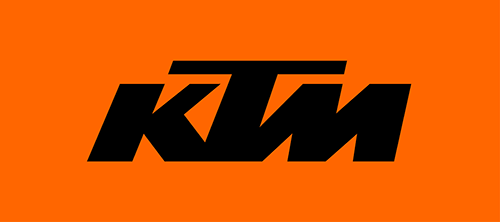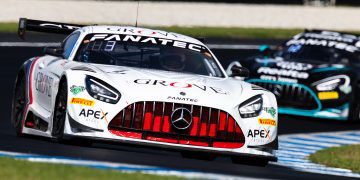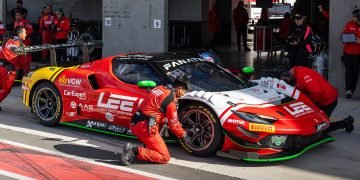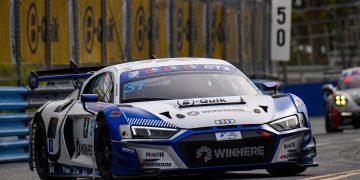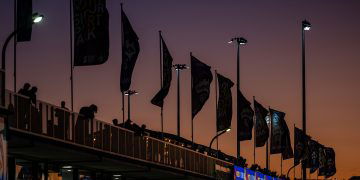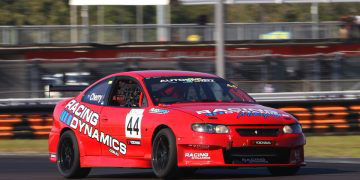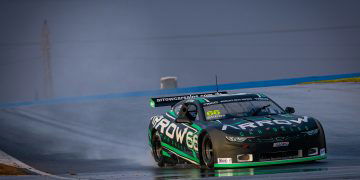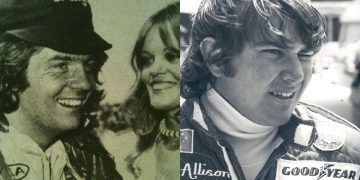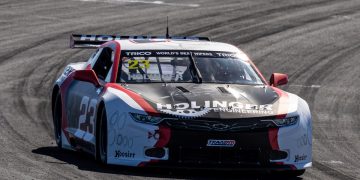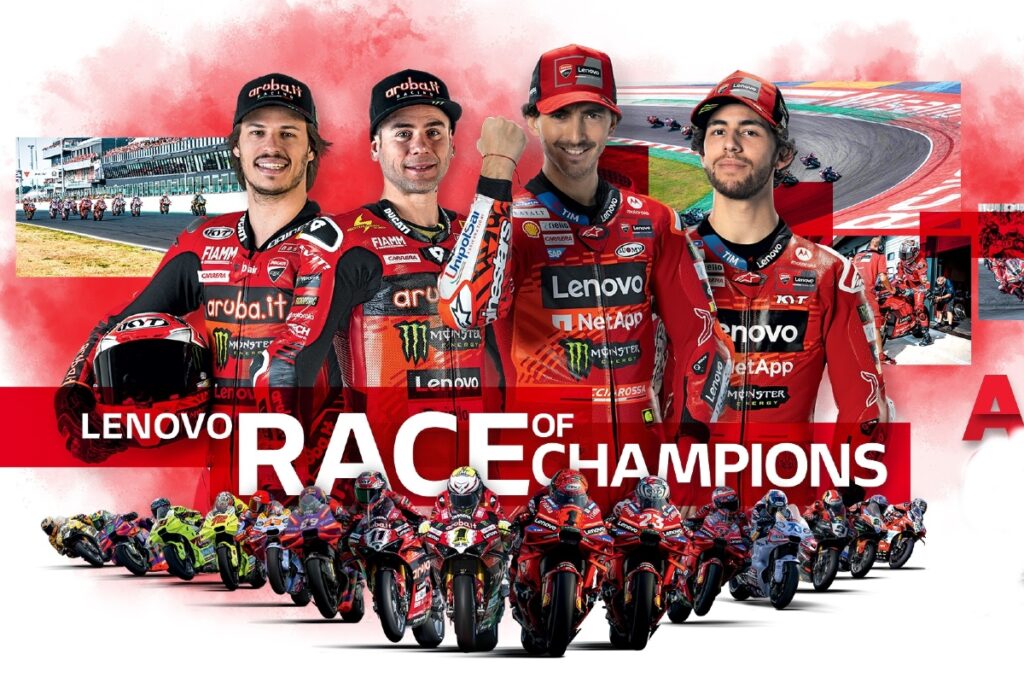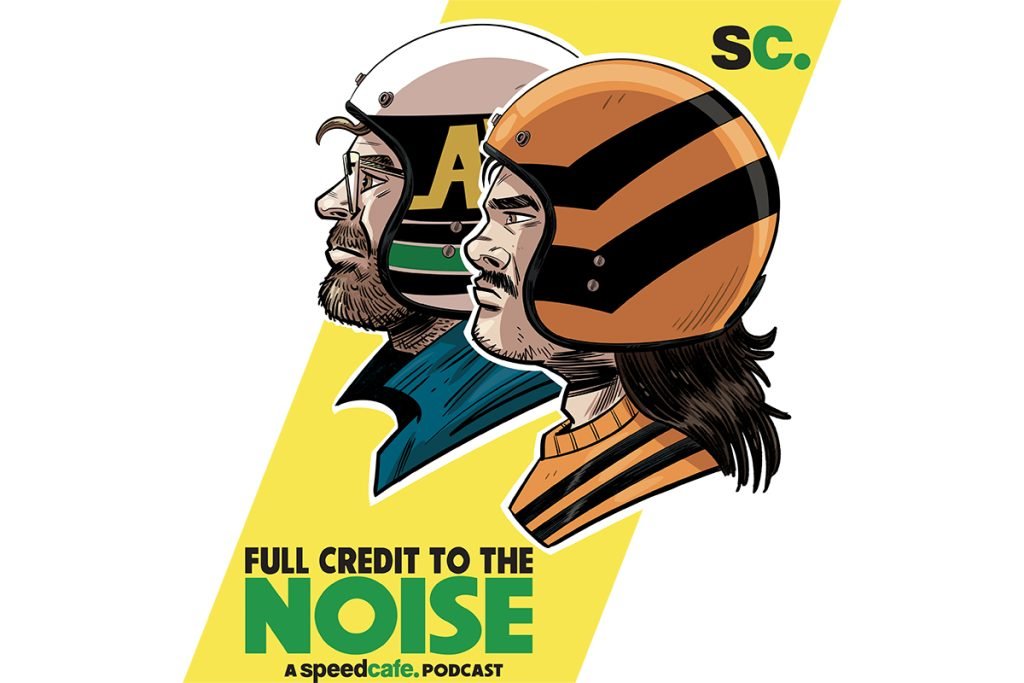
Organisers of the Formula 1 Australian Grand Prix are not interested in the event becoming a rotating part of the calendar.
Next year, F1 will take in 23 events across 36 weeks in the busiest season in the sport's history.
Melbourne will host the third round of the year, following back-to-back events in the Middle East, in a year that witnesses two triple-headers following the summer break.
The heavy workload is a concern among teams, though an accepted evil as the sport looks to sure up its finances and drive interest for events.
In time, it's hoped to cap the number of races per season at a more realistic number – with 20 having been touted.
Of that, it's been suggested that 15 grands prix would enjoy a permanent position on the calendar, with five rotating through new or lesser markets.
“That might apply to a permanent circuit in the European heartland, but we believe continuity, the annual nature of our event, is what's needed,” Australian Grand Prix Corporation CEO Andrew Westacott told Speedcafe.com.
“There's a level of understanding and reliability, and a level of underpinning that it does to a whole ecosystem.
“So the notion of sitting every alternate year out, or rotating with other states to share it, is not on our agenda.
“We want it every year because it is such a great asset for Victoria.”
Aside from the last two seasons, which have not seen an Australian Grand Prix due to the coronavirus pandemic, Melbourne has hosted Formula 1 since 1996.
Initially, Jeff Kennett lured F1 to Victoria as something of a morale boost to Victorians in the wake of the Pyramid Building Society collapse in the early 1990s.
In the 25 years since that 1996 event, its value to the city and state has changed, with Westacott suggesting it now plays a key role across a number of sectors, both directly and indirectly.
“I'll list off half a dozen points,” he said.
“One is economic benefit, two is branding, three is tourism.
“Four, it underpins a very, very massive calendar of major events, and you get the big four pillars of the major events in autumn, winter, spring, summer, being the tennis, AFL footy, the VRC (Victoria Racing Club) spring carnival, or the spring carnival horse racing, and then Formula 1.
“Then you've got the events industry and ecosystem that exists.
“It is vibrant, it is capable, you can deliver any event in the world with the resources and capability we have here.
“But then the final two [points] are vitally important.
“That's civic pride and liveability, and people love the pride that they have when they host major soccer tournaments, the Boomers versus the US in basketball.
“The Australian Open brings Melbourne alive, as does Formula 1; MotoGP appeals to many in regional Victoria.
“And then the final one is that, by staging these events so effectively, you get a level of business confidence and business investment confidence.
“What it does is that the hotel groups don't just look at the occupancy across a five-day business week, a traditional business week, they see that the hotels in Melbourne have much higher occupancy levels on Saturdays and Sundays because there's things to do, whether it's the galleries and the culture and the vibrancy associated with sport.
“So then they say ‘hang on, this is a great place for tourism and investment as well'.
“So it's a combination of all those things, and what Jeff [Kennett] did, and what Joan Kirner did, and what successive premiers have done is recognise that major events, tourism, drives the visitor economy in a massive way.”
Holding Formula 1 on an annual basis is therefore key to that philosophy, according to Westacott, who argues the logistics and travel associated with hosting an event in Australia are simply part and parcel of a global sport.
“There's a level of shape and logic to the calendar that they create every year,” he said of F1's process in formulating the schedule.
“It's just extra time in an aeroplane because they know everything else very, very well.
“So I'm unbelievably firm on that particular and you know we'll have it every year, and I wouldn't expect that the ‘every year' is going to include anywhere other than Albert Park, Melbourne.”
The 2022 Australian Grand Prix is scheduled to take place on April 7-10.





